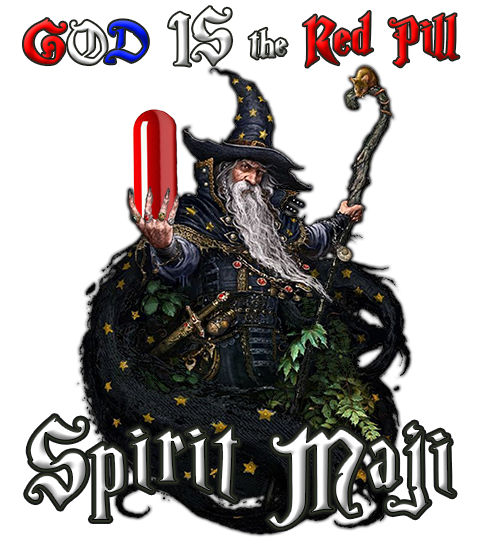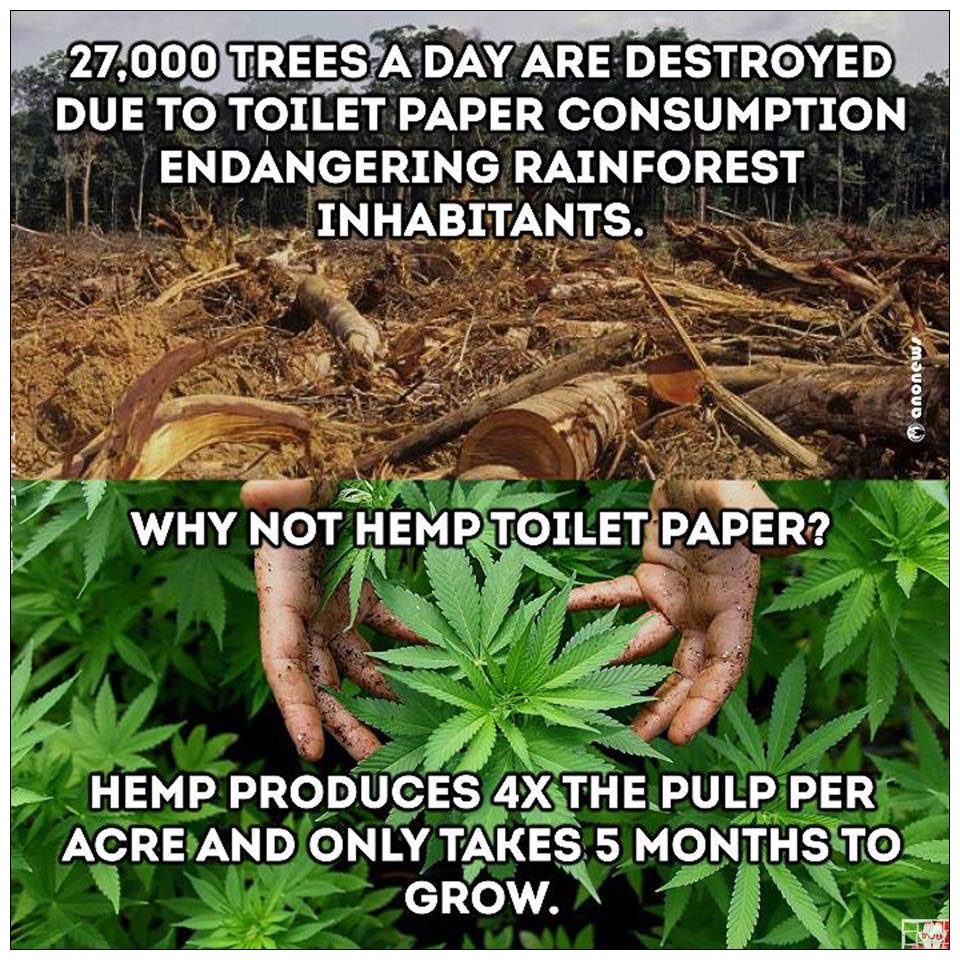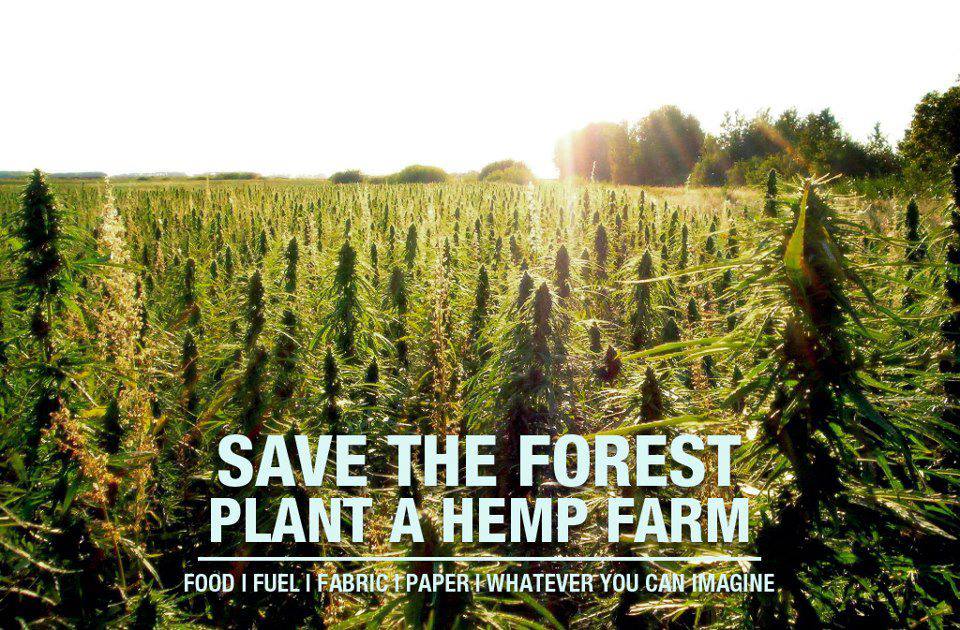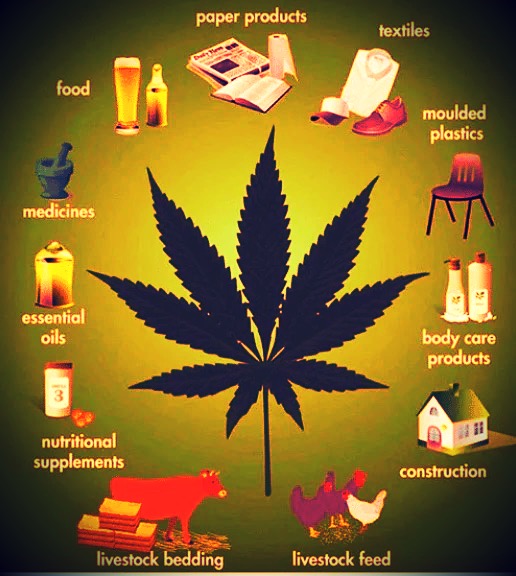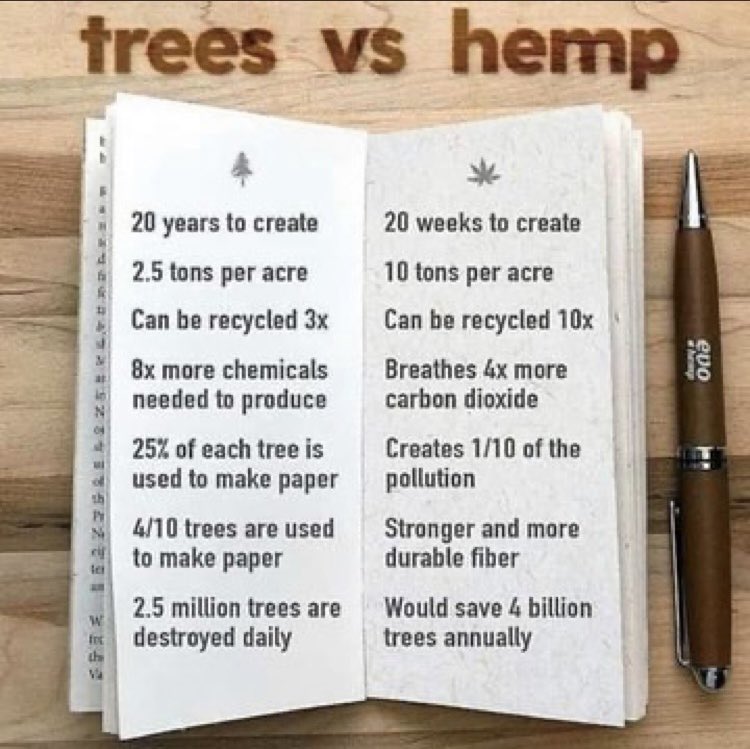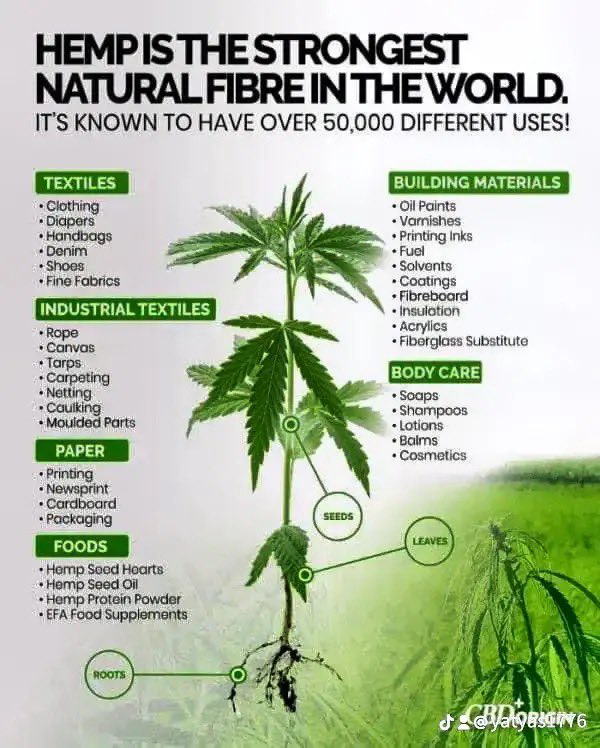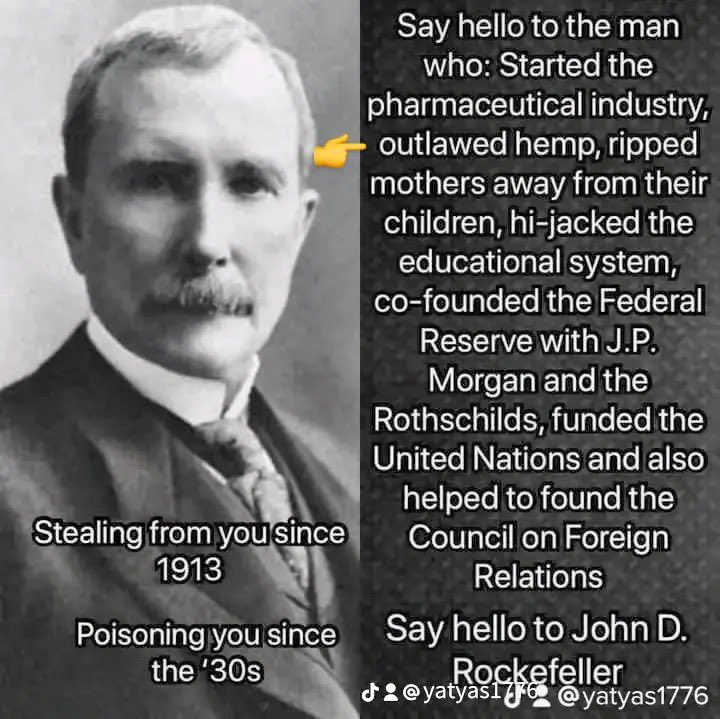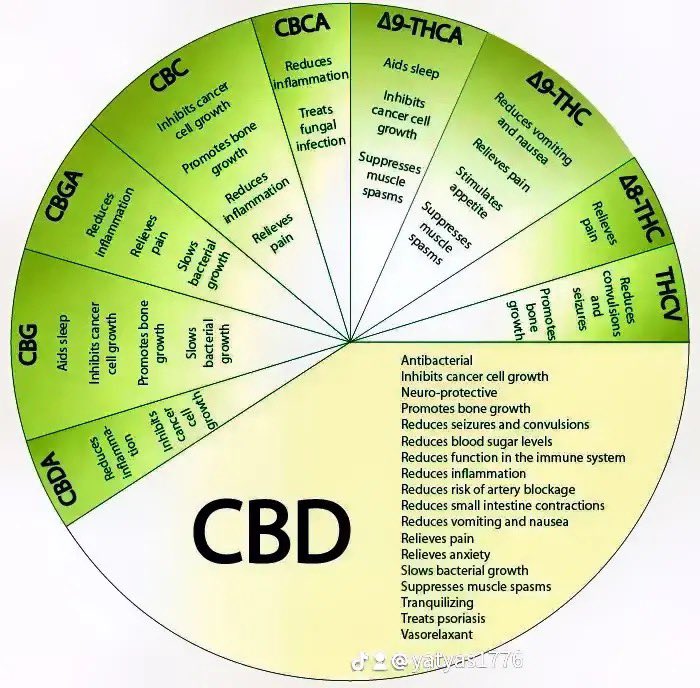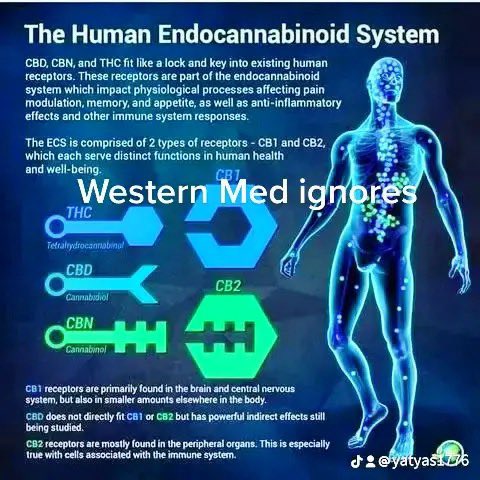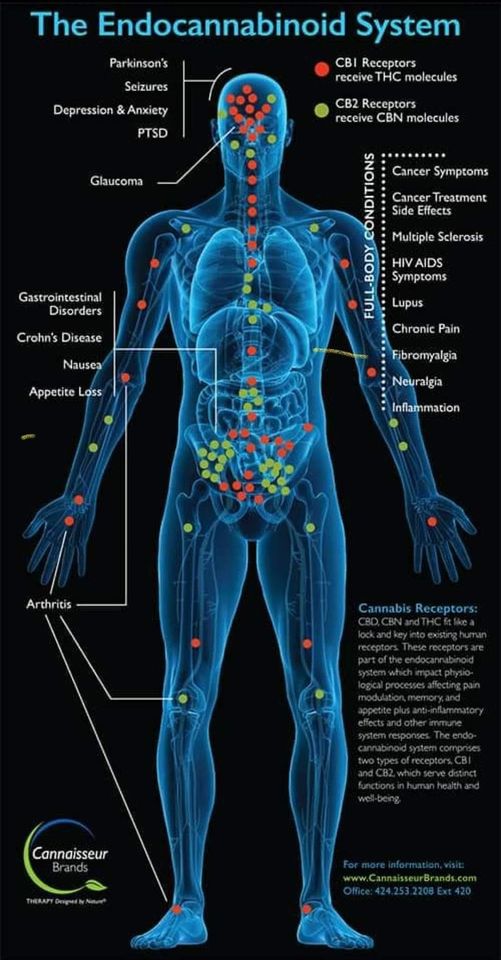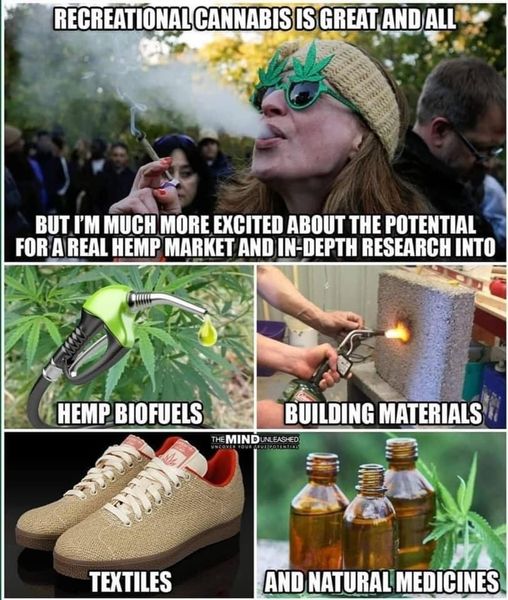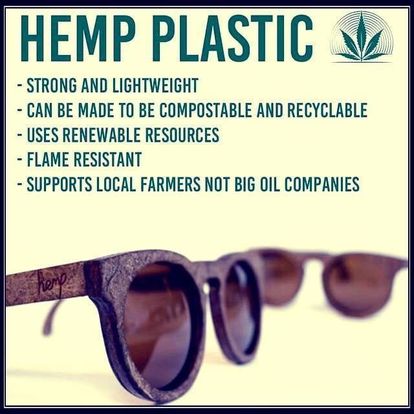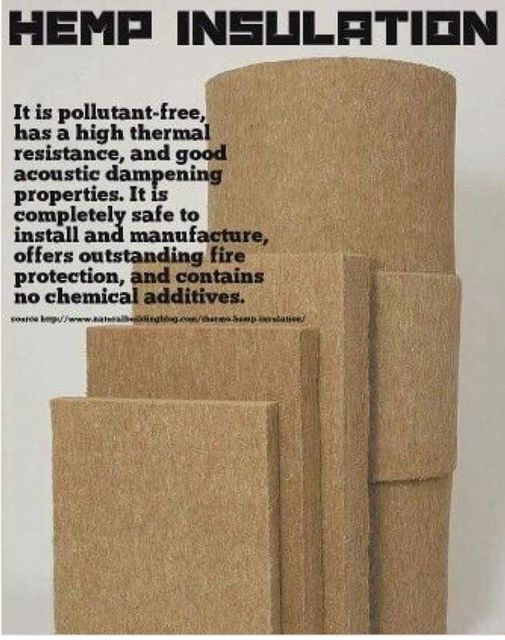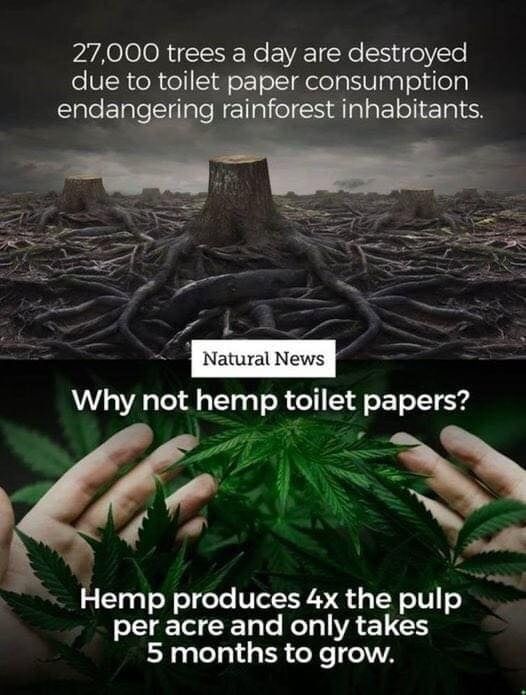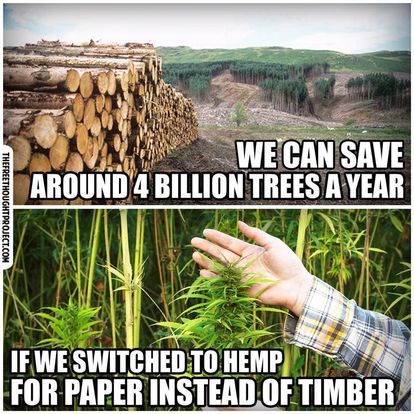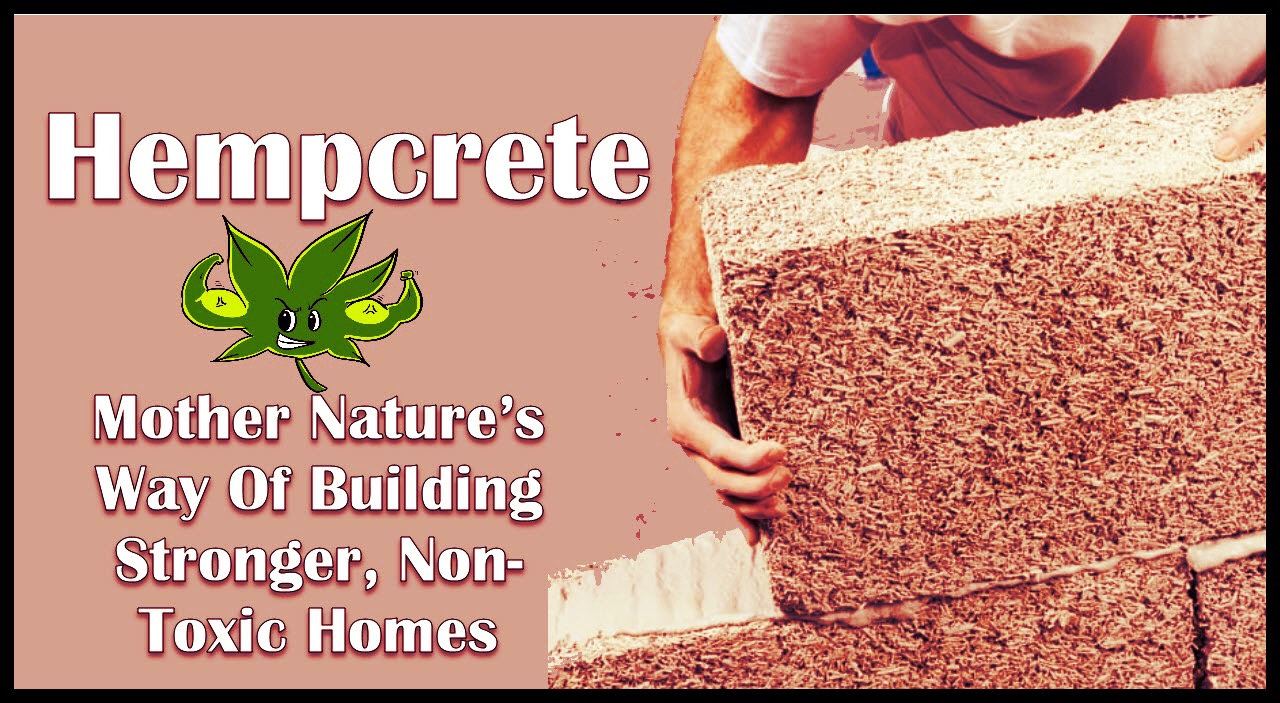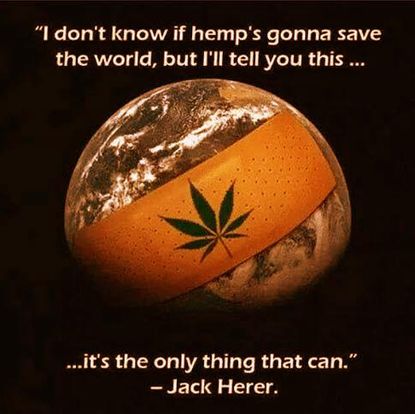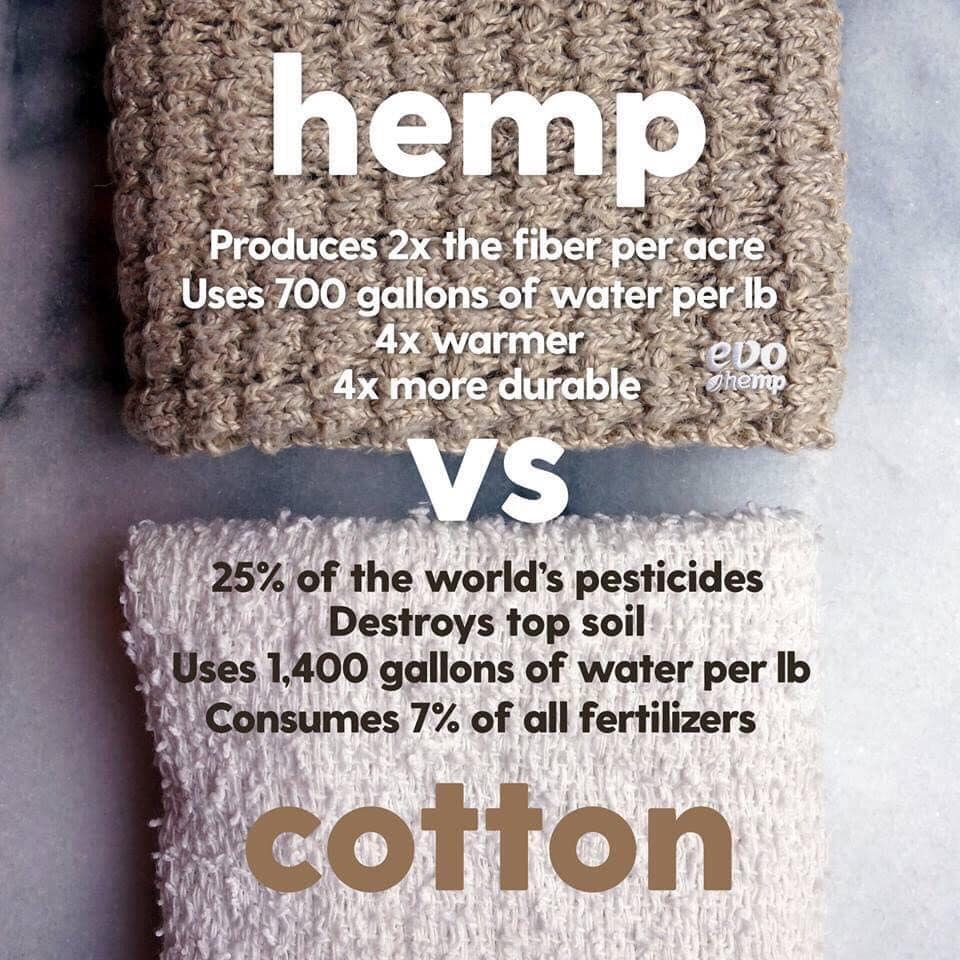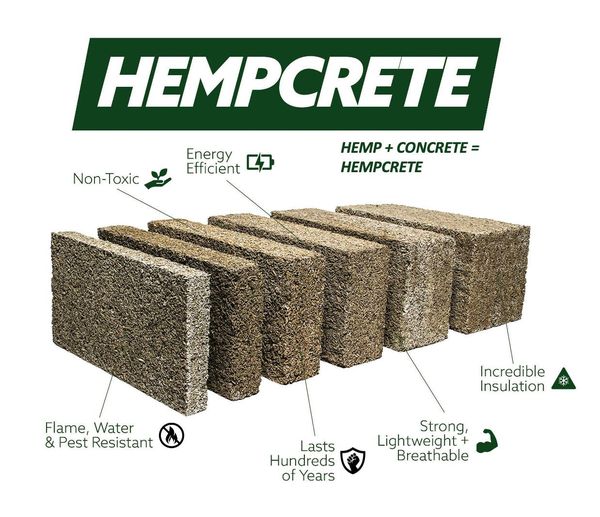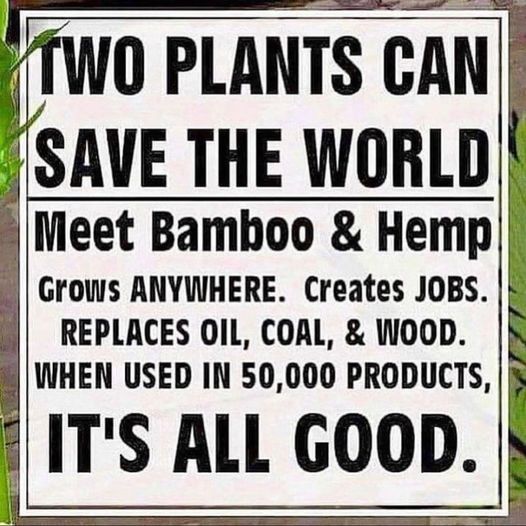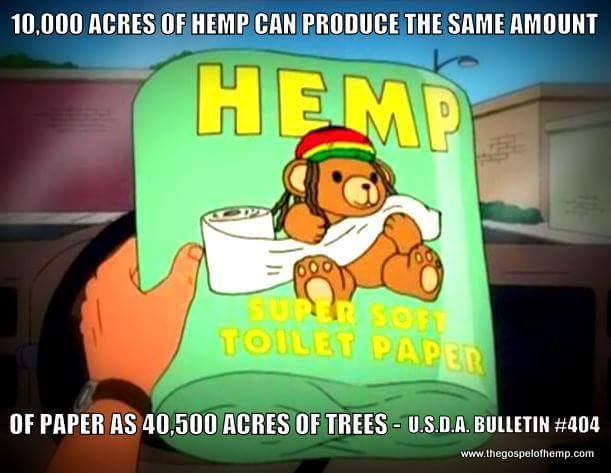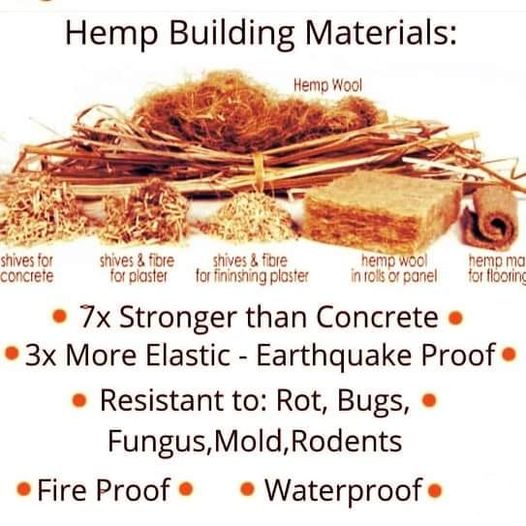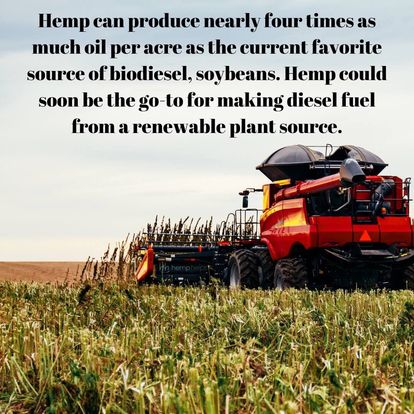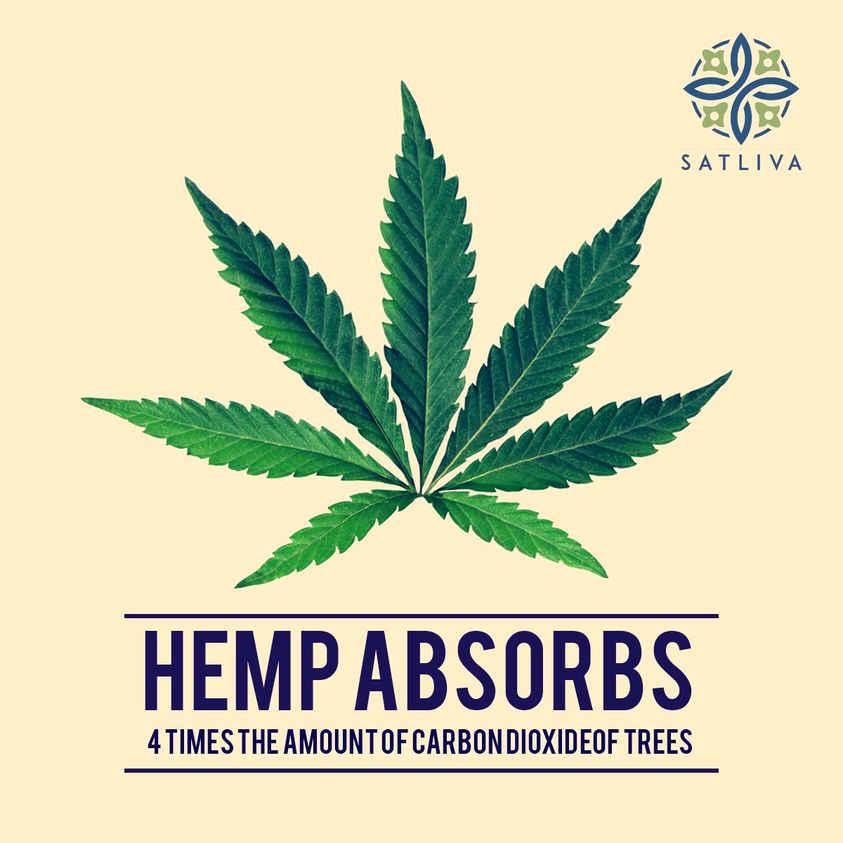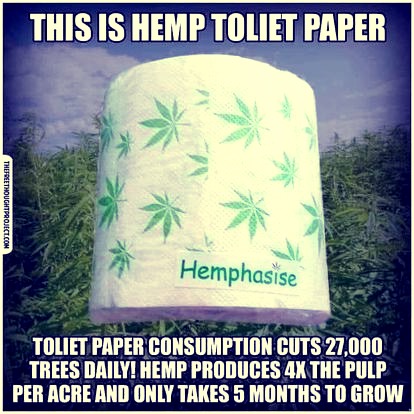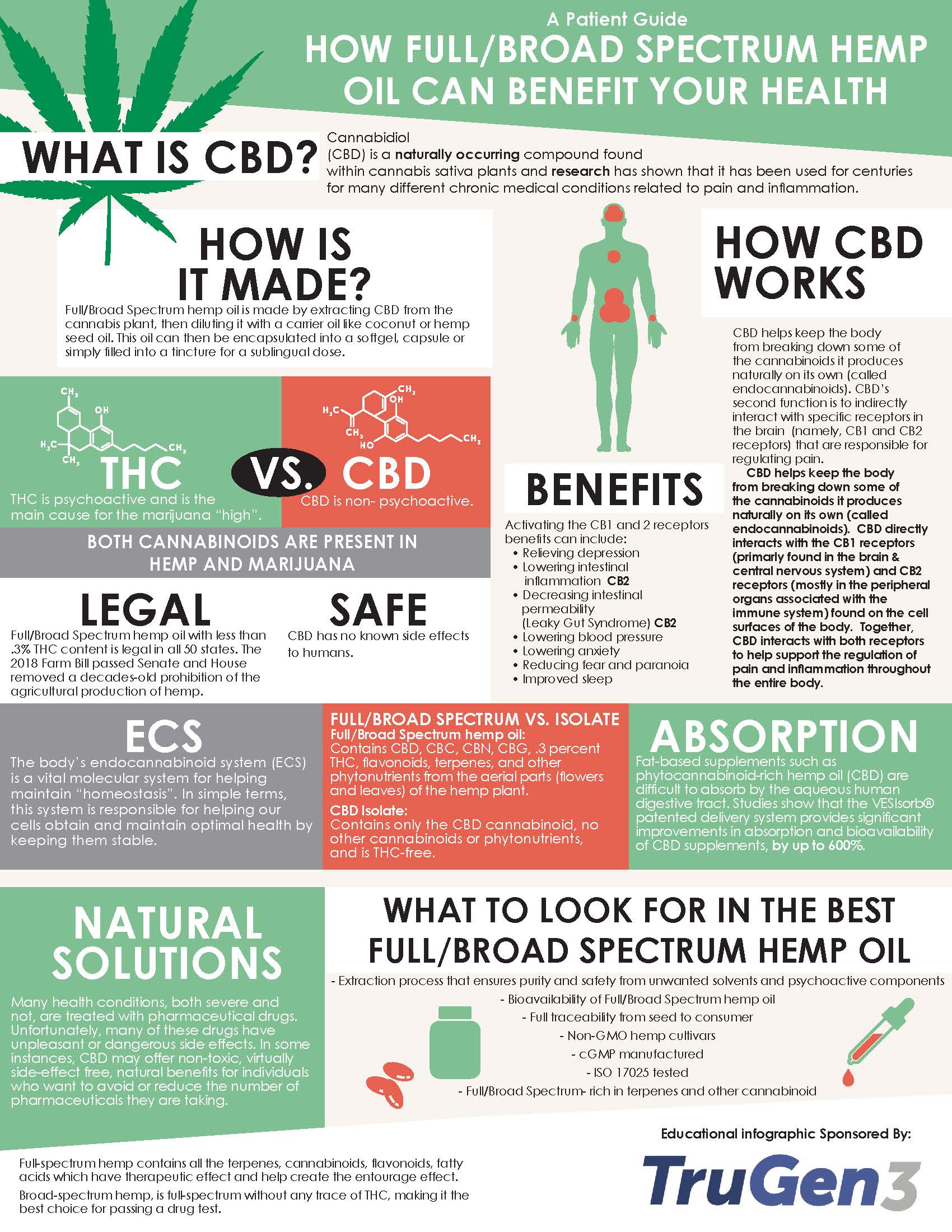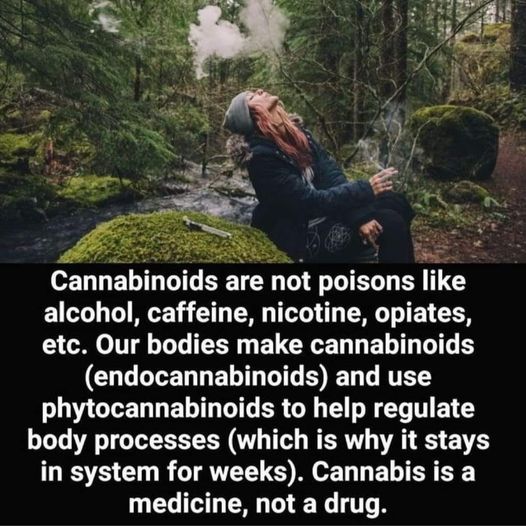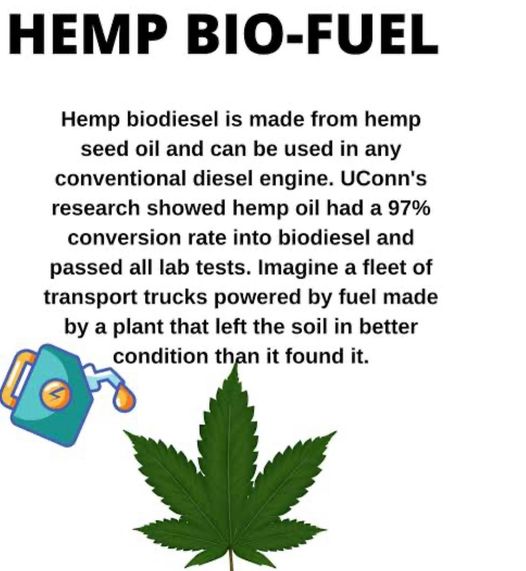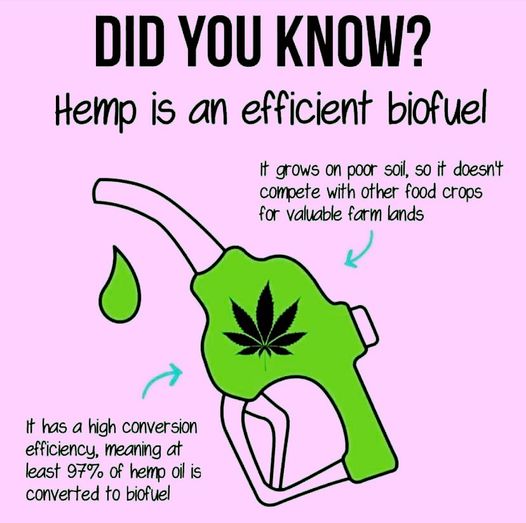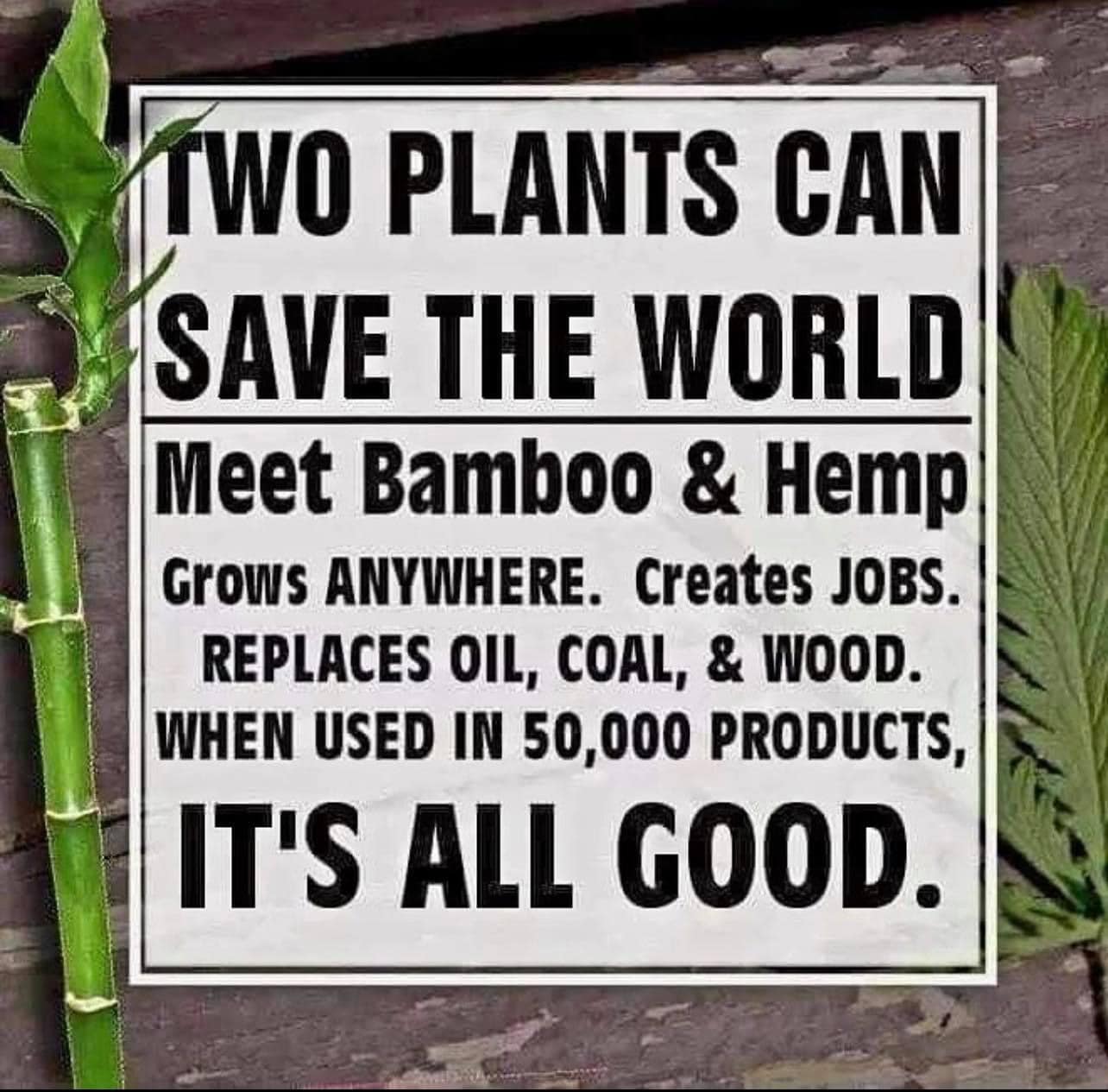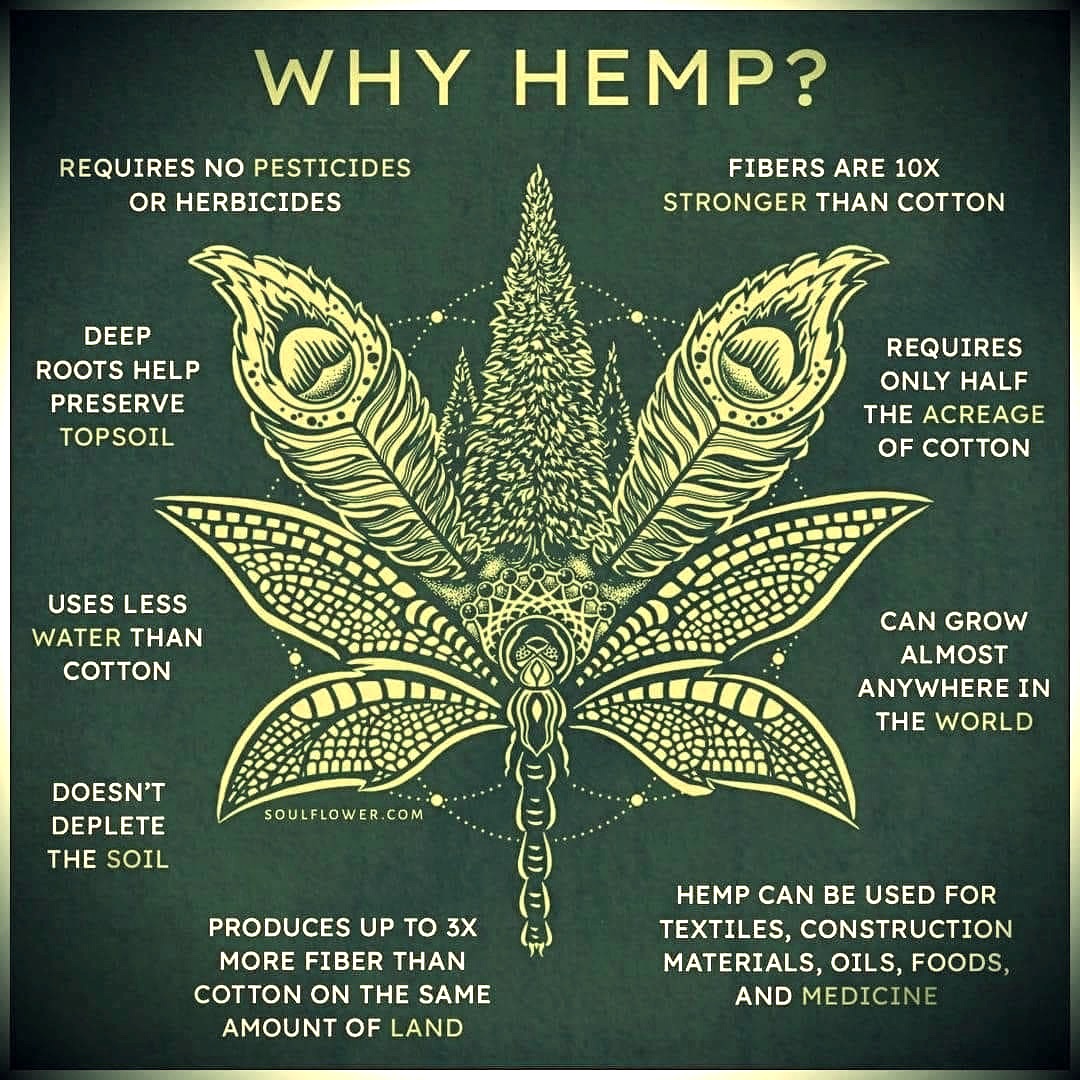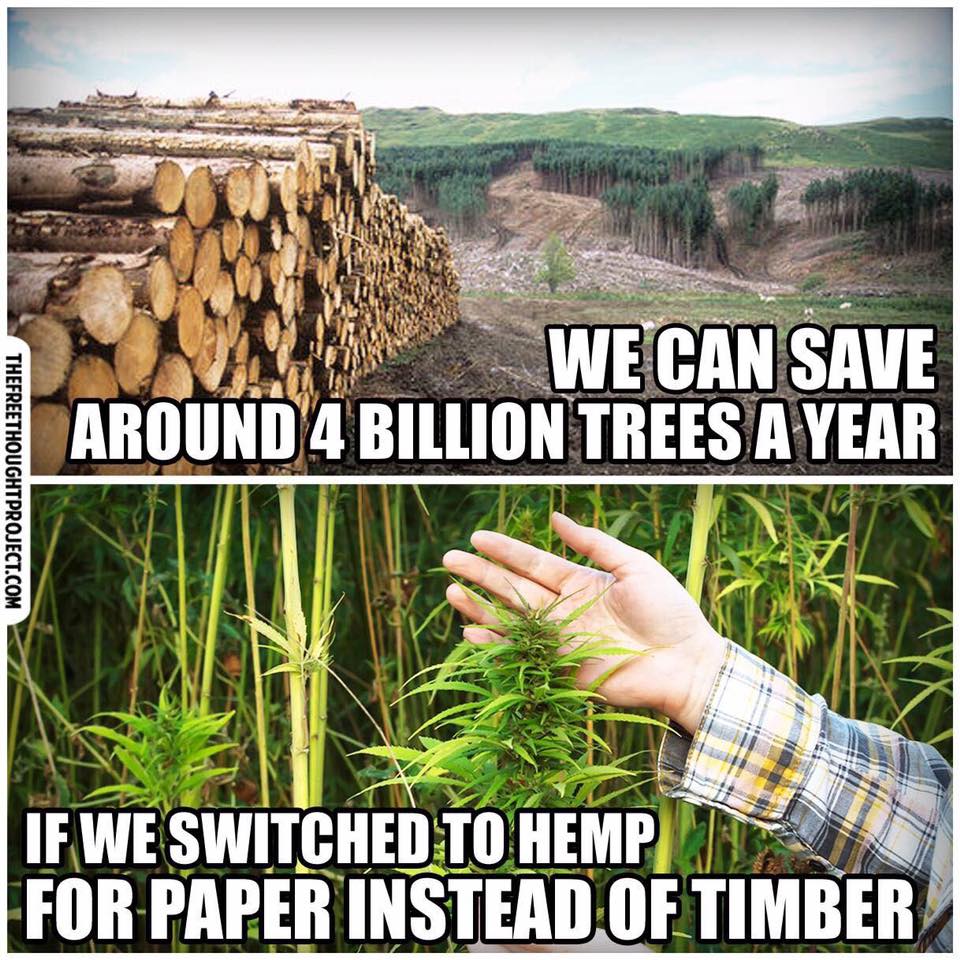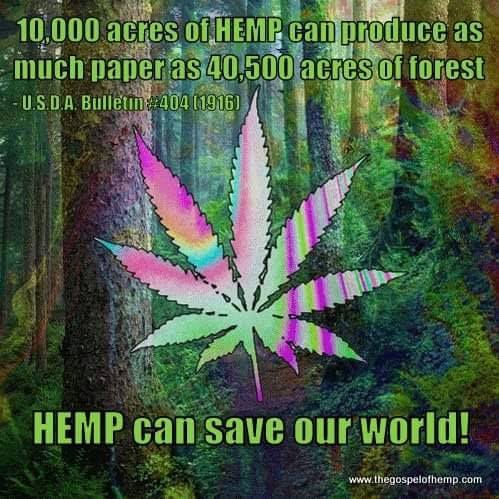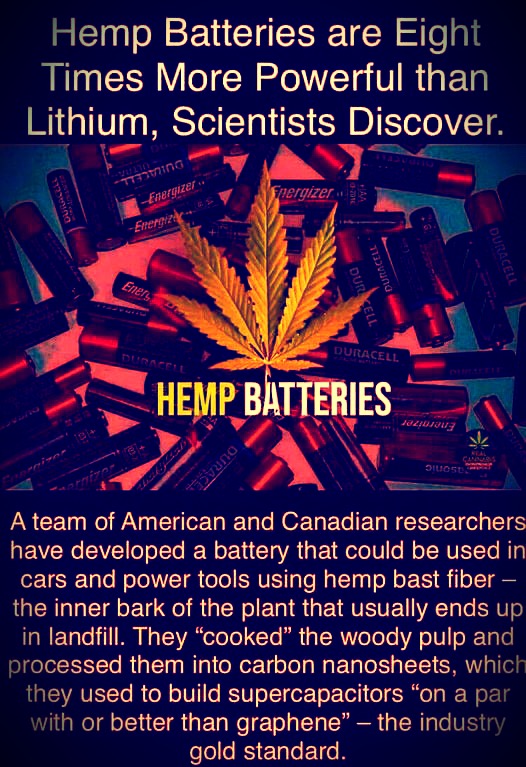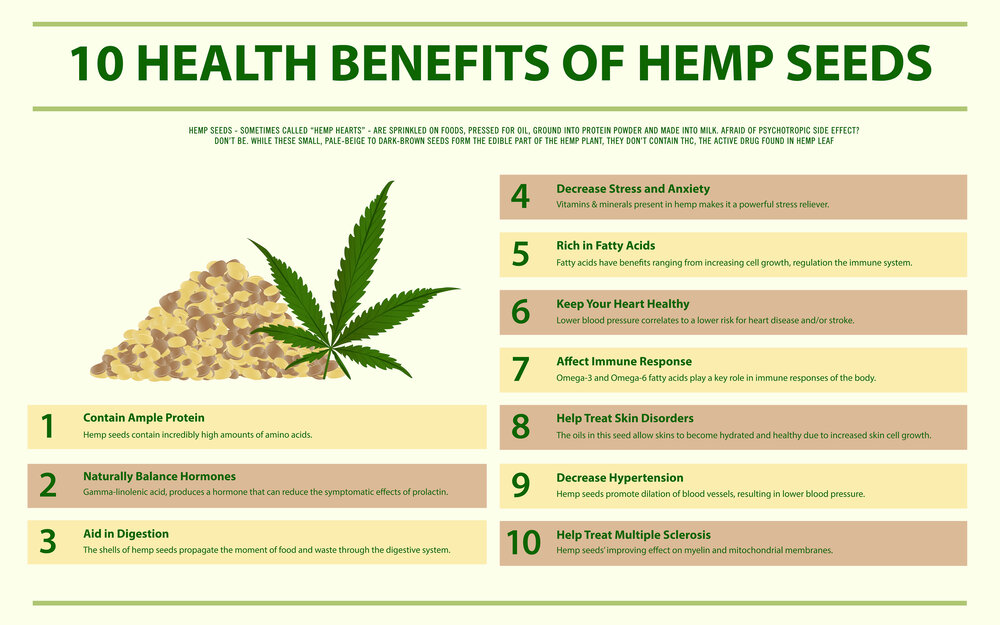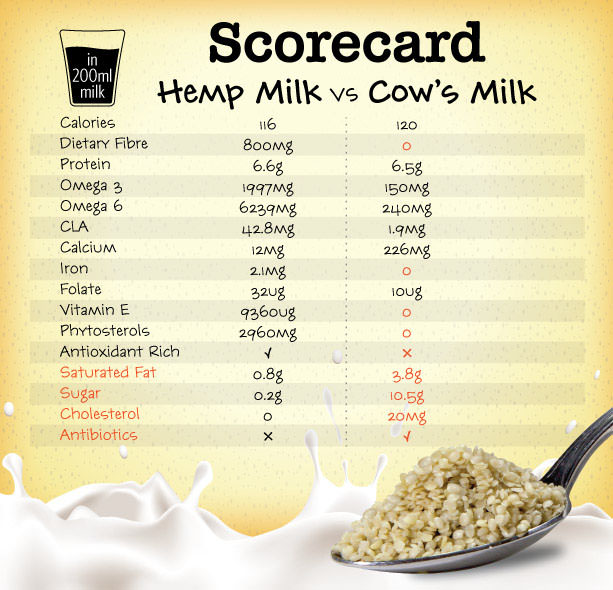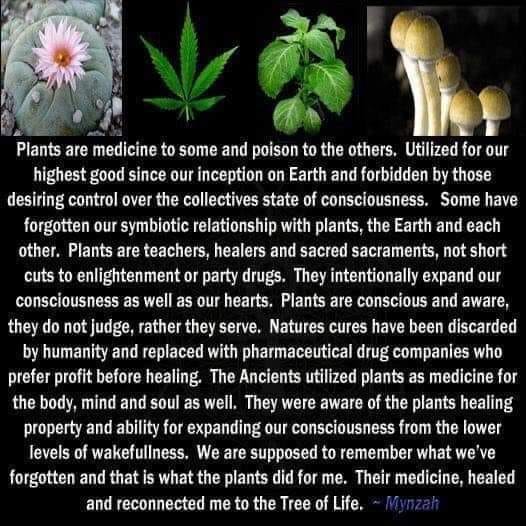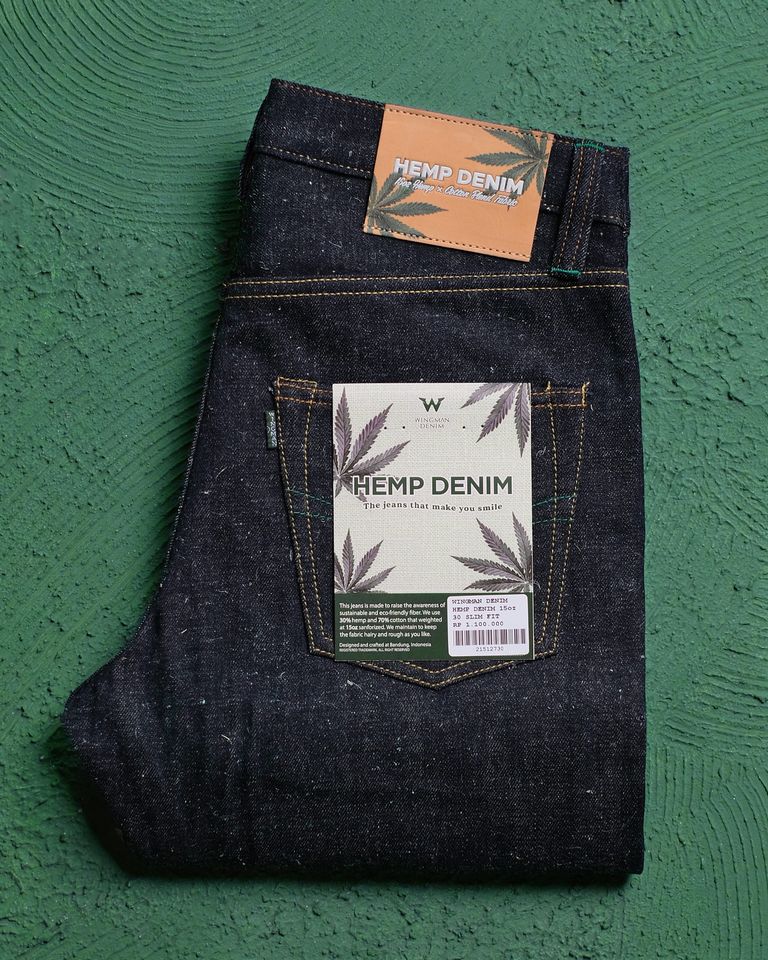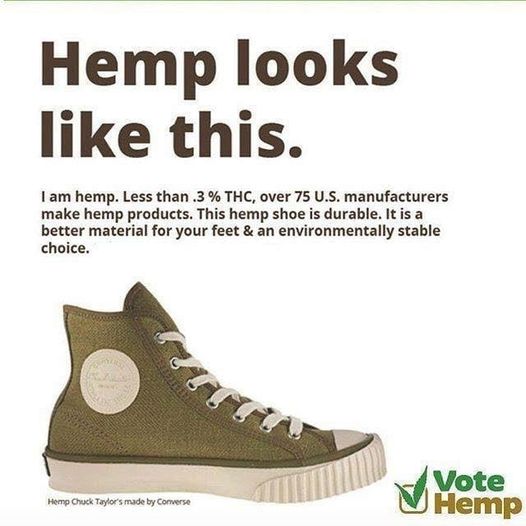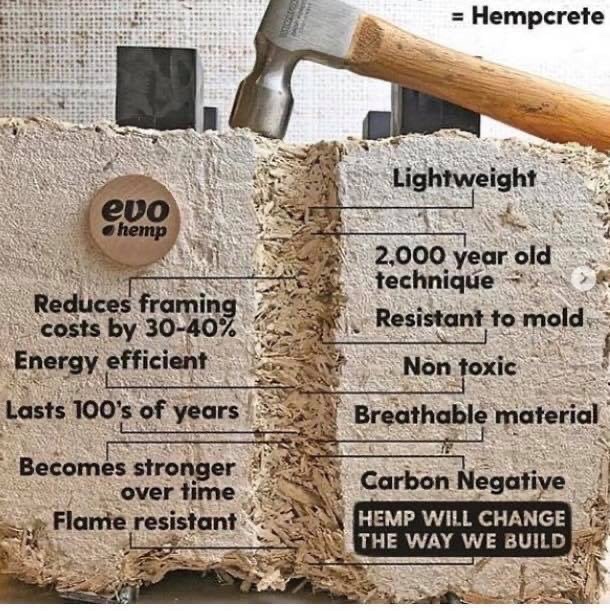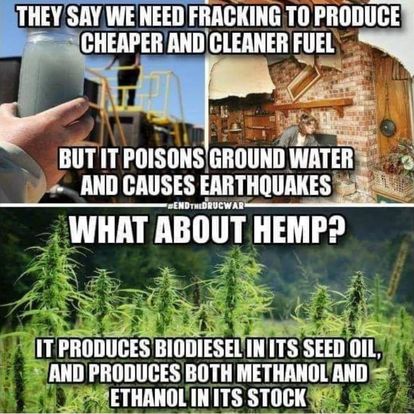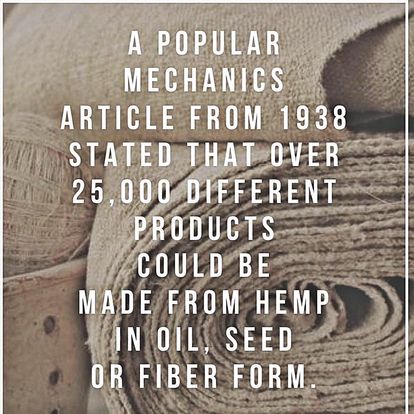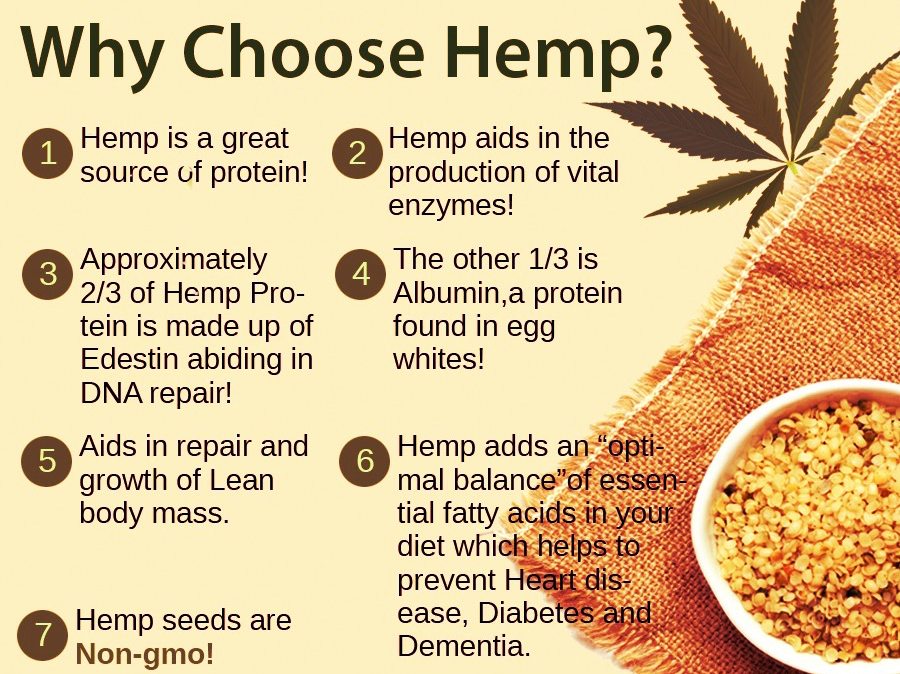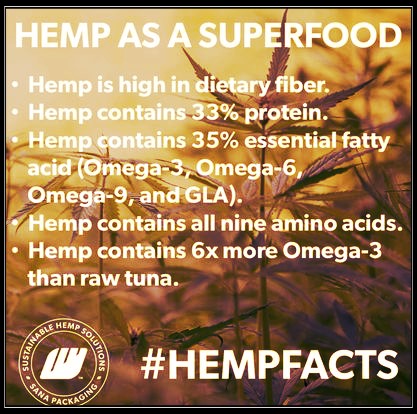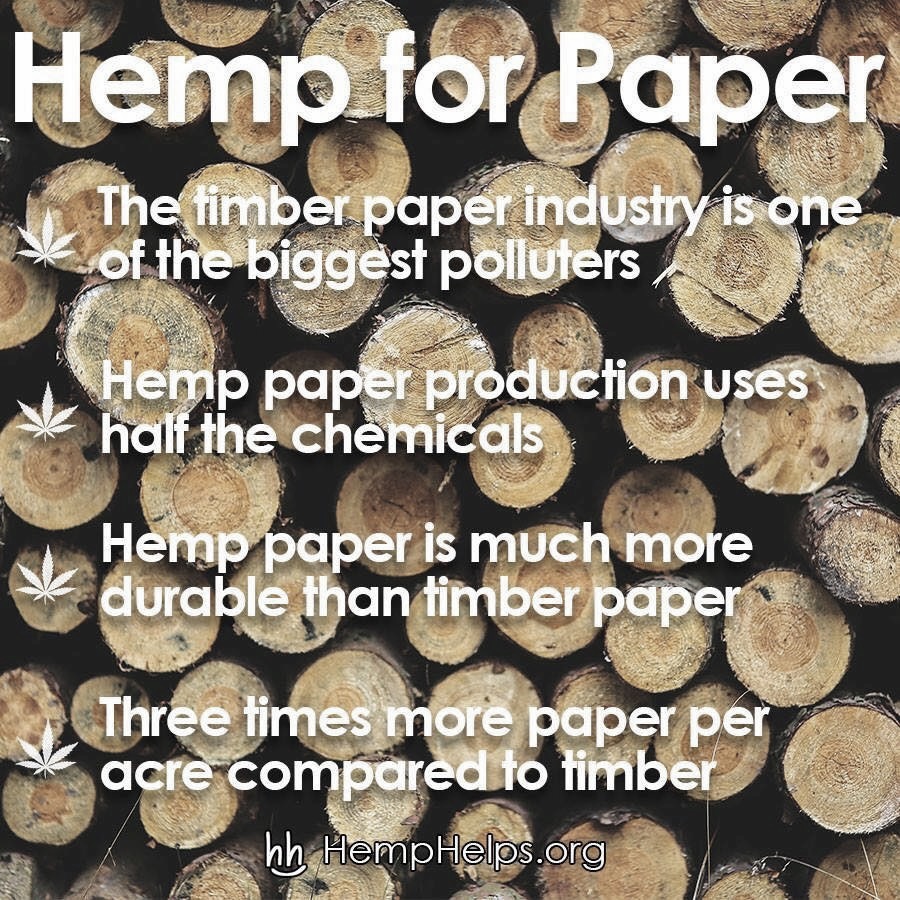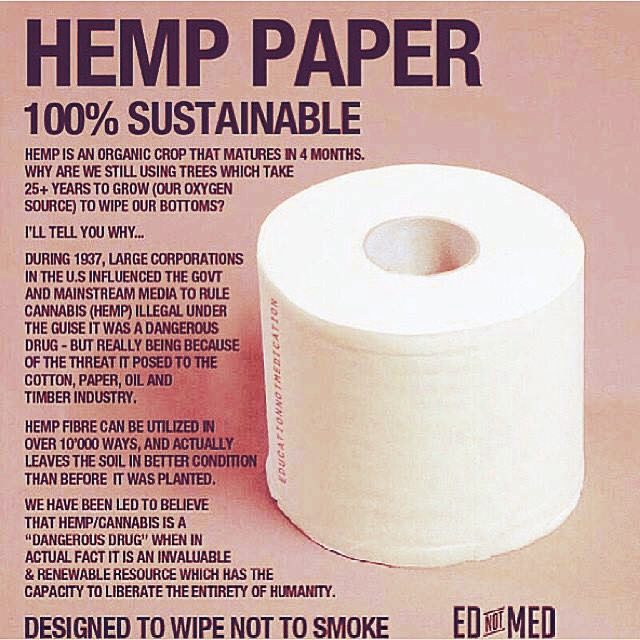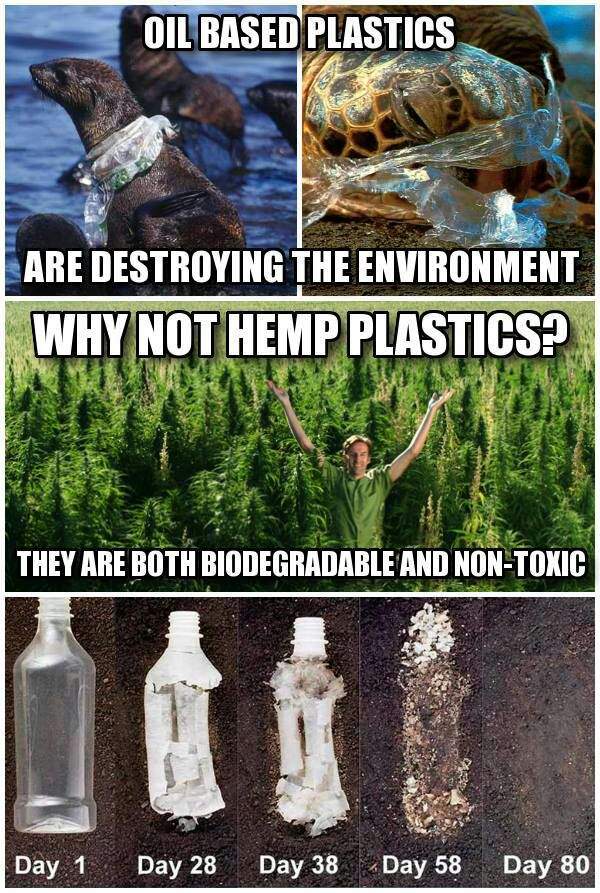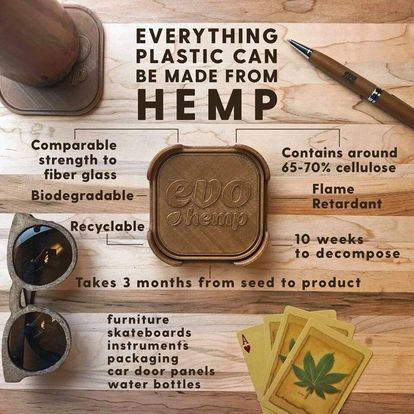Also see my page about HempMilk with recipe, yield guide, ingredients w/ amazon links, nutrition info, and an instructional video.
SpiritMaji.com/HempMilk
Hemp can be used to make 25,000+ Products and can do anything that oil, plastic, cloth, paper, etc can do.
There is a reason they outlawed it and drove us to cut trees. Trees are people and are sacred and hemp is put here for us to use.
Read more and you'll see why...
WHAT IS INDUSTRIAL HEMP?
Industrial hemp is a variety of the plant Cannabis sativa. It is a versatile crop that can be processed into different products with multiple uses. Its stalk can be used to produce biofuel, auto parts, paper, upholstery, and fiber for cloth and other textile items. The stem can also be processed into building materials, industrial products and different kinds of papers. Industrial hemp seeds can be used to produce feed or food or the sources of oil that can be converted into a lotion or cosmetic products.
Currently most industrial hemp products sold in the U.S., including food, personal care products, clothing and even construction materials, are imported to the U.S. from Canada, China, Europe and other countries where the crop was not illegal to grow over the last decades.
Fiber-type varieties are used mainly for production of fiber that has multiple applications in the textile industry for yarns and fabrics, sail ropes and canvas. The remaining plant parts are used for industrial applications including paper, building material reinforcement, insulation material, bio-energy and more. Hemp seed is also valuable. It contains high quality oil currently used in the food, pharmaceutical, medical and cosmetic industries. The seed has a high protein content with a balanced amino acid profile and is used in human dietary supplements. Left-over cake material from oil extraction is a rich protein source used as an animal food supplement.
THE DIFFERENCE BETWEEN MARIJUANA AND HEMP
Industrial hemp (Cannabis sativa L.) is botanically related to marijuana, but with very different properties. While marijuana is rich with tetrahydrocannabinol (THC), the psychoactive component that makes pot a drug of choice by many, hemp contains only the smallest traces of THC (<0.3%), making it virtually impossible to get high from. But it does produce strong fibers, and the seed has good quality oil that once made it a cash crop for America.


HISTORY OF INDUSTRIAL HEMP
Globally, industrial hemp was one of the first plants to be spun into usable fiber 10,000 years ago.
In Virginia, it has a long and storied history. Hemp fiber was so important to our young nation that colonial farmers were often mandated to grow it. The Declaration of Independence is said to have been drafted on hemp paper, and our nation’s victory in the American Revolution can in many ways be attributed to the patriots’ use of hemp in making their ships’ sails, rope, riggings and more. George Washington grew it, and Thomas Jefferson bred improved hemp varieties. Abraham Lincoln also used hemp seed oil to fuel his household lamps. During World War II, the USDA developed a “Hemp for Victory” film to encourage everyone to grow the crop to support the war effort. The fibers were used for parachutes, rope, shoes, clothes and more.
But during the midpart of the last century, strict legislation was passed that made it illegal to grow this versatile crop in the U.S., largely due to its relationship to its high-THC relative, marijuana. As a result, cultivars that once thrived across the country have been lost or remained unimproved, and no significant work has been done on production techniques and variety developments. Previous processing facilities collapsed and market availability that once drove production and supply has ceased to exist.
Popular Mechanics Magazine 1938-02: Vol 69 Iss 2
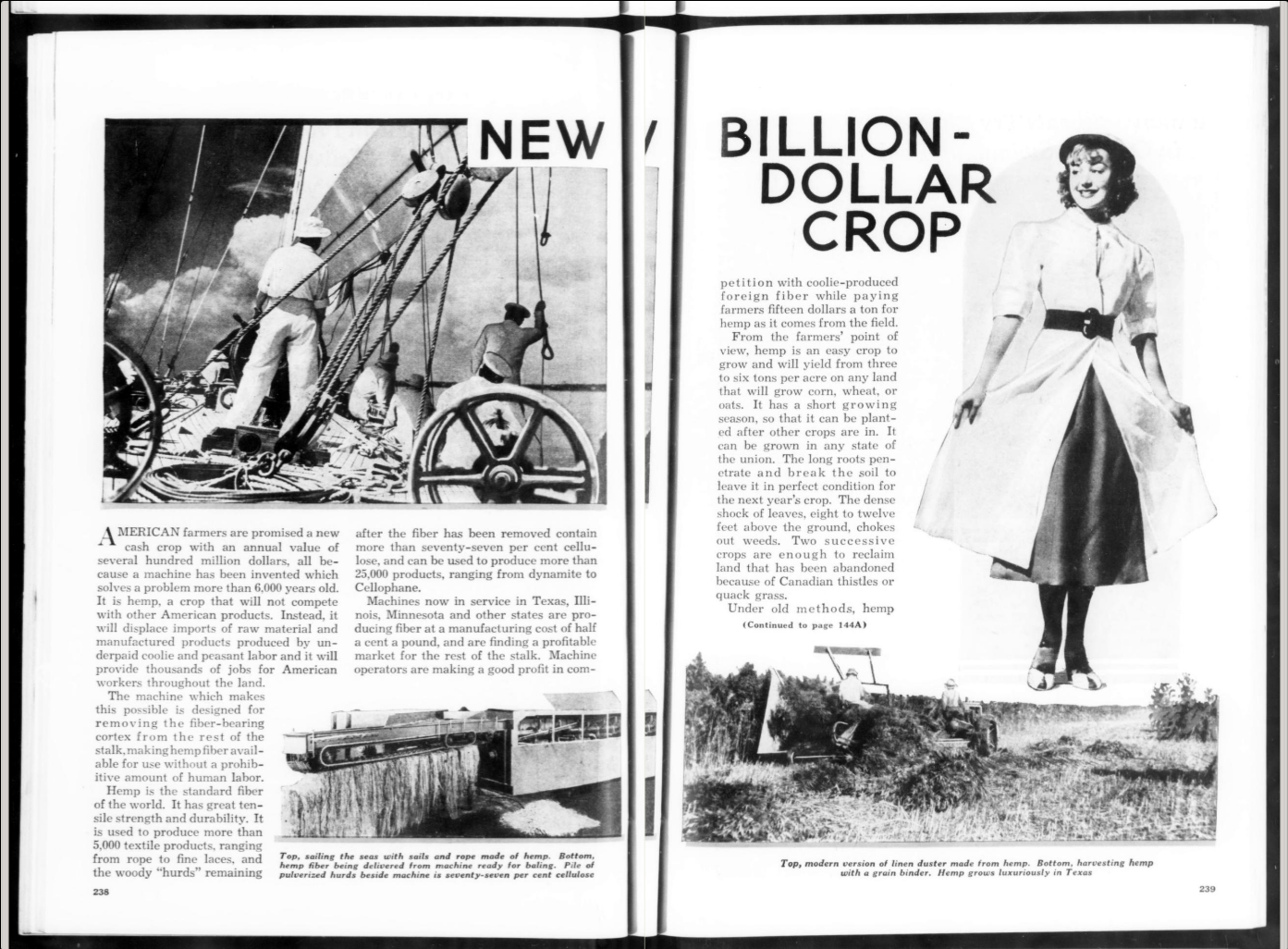
Building with Hemp Crete
To read more details about hemp-crete, here is an excellent article.
HEMP SEEDS CAN FIGHT WORLD HUNGER
On its own, hemp seed contains the human daily requirement for protein. It is the healthiest meat alternatives and can prevent protein–energy malnutrition, the most deadly form of hunger afflicting world populations. Hemp seeds are high in protein and calories, making it a potential staple for starving countries. It provides essential amino acids, while developing and maintaining muscles.
facts about hempBecause hemp seeds are an amino- and vitamin-rich protein, they are among the most nutritionally dense foods on earth. They are edible as is or can be roasted or shelled and eaten as “hemp hearts.” They can be ground into flour, pressed into oil, or sprinkled over other foods like salads or yogurt.
You can buy hemp milk at your local supermarket, or if it does not stock it, you can make your own by throwing two cups of water into a blender with half a cup of hemp seeds. Blend and sweeten to taste.
HEMP PAPER PROTECTS AGAINST DEFORESTATION
Because people can use hemp for just about everything, including paper, it can become a profitable cash crop to replace the need for slower growing trees. Eliminating the need to cut down forests is the best way to protect them, and if countries cultivate hemp, they can use it to make paper and most other products made from wood. It can also speed the replacement rate of trees already cut down.
By being a source material for paper and even building materials, hemp can literally save the world’s forests, which is far wiser for earth and her inhabitants. A single acre of hemp can produce the same amount of paper a year as four acres of trees.
HEMP HELPED DEFEAT THE AXIS POWERS DURING WORLD WAR II
The United States Federal Government only made hemp illegal in the 1950s. In the previous decade, during World War II, the U.S. Department of Agriculture filmed a thirteen-minute video to promote the cultivation of hemp throughout the United States. Called the “Hemp for Victory” campaign, it was necessary for the country to grow its own hemp, as Japan had cut off its supply.
Hemp is literally the crop that saved the war. It made many vital products needed by the military, from sails for ships to ropes. Even more interestingly, the very word “canvas” itself has its origins in the world “cannabis,” as the North American Industrial Hemp Council explains at length.
GROWING HEMP CAN CLEAN THE ENVIRONMENT THROUGH BIOREMEDIATION
Hemp can clean the atmosphere and protect the environment and even reversing damage done to it. Global warming is the result of high levels of carbon dioxide, or CO2. Hemp consumes four times as much CO2 as trees do, and its short 12- to 14-week growing cycle makes it a highly sustainable crop that effectively fights global warming.
hemp farmsHemp also removes toxins and radioactive chemicals from the soil! Scientists planted it at the site of the Chernobyl nuclear disaster: They discovered hemp engaging in phytoremediation better than any other plants in the area, which is a process of remediating the soil by eliminating chemicals from it.
HEMP IS CANNABIS SATIVA, BUT HEMP IS NOT MARIJUANA
It is true, yes. Marijuana and hemp seeds originate from cannabis plant, but hemp and marijuana are not the same. Agricultural hemp contains almost no tetrahydrocannabinol, the psychoactive ingredient in marijuana that causes you to get high. That means you’ll never have to worry about feeling weird at work after you enjoy hemp seeds for breakfast.
Even smoking hemp will likely just give you a headache. However, another cannabinoid, cannabidiol (or CBD), can be found in hemp and science suggests that CBD oil, a nutritional supplement extracted from hemp, has numerous potential health benefits. Many users report that CBD helps them feel better with few side effects.
HEMP PRODUCTS ARE SURPRISINGLY DURABLE
Up until the 1820s, when cotton monopolized industries, more than 80 percent of all clothing, fabrics, and textiles were hemp. It was huge business. Hemp was the main medium used to make ropes, paper, and even construction materials. Today, only a handful of virtually unknown companies produce hemp clothing commercially. But hemp is durable and comfortable, and its growing appeal to the fashion industry is helping promote legalization.
Hemp can even make cars. Henry Ford may have constructed a car out of hemp, soybean, and plastics. It was lighter than steel, yet able to withstand ten times the impact without a single dent. More recently, Bruce Dietzen built an experimental sports car from hemp.
Today, hemp is increasingly popular for building homes. Hempcrete walls are fire-resistant, bug-free, rot-free, and even mold-free, and they are 100 percent biodegradable, as well.
HEMP SEEDS ARE EVEN MORE NUTRITIOUS THAN FLAX OR CHIA
Hemp seeds offer complete nutrition, even better than flax or chia. They contain high levels of vitamins A, B, D, and E, as well as vital minerals, proteins, and fatty acids. In fact, hemp seeds are a super food, Hemp has powerful antibacterial, anti-inflammatory, antioxidant, and antimicrobial properties, making it a medical and scientific wonder too.
If that is not convincing enough, hemp seeds also contain a nutrient found in breast milk, called gamma linolenic acid, or GLA. High levels of omega-3 and omega-6 fatty acids make hemp oil healthier than most vegetable oils on the market too.
HEMP CAN REPLACE PLASTIC, FIBERGLASS, AND OTHER COMPOSITE MATERIALS
Hemp stalks provide an excellent source of fibrous material for making composite panels of all shapes, sizes, and functions, from doors to floors, car parts, window frames, and everything between. It acts as a reinforcement for thermoplastics, such as polypropylene. It is ideally suited for making a wide array of plastic consumer products, and it is customizable to meet various systems and specifications.
hemp can replace Plastic bottlesHemp is cheap to produce and an ideal replacement for glass fiber. It is easier to mold and weighs less than most other materials for composite paneling. It is recyclable and there is a consistent supply of quality hemp available already, although full legalization will help promote more U.S.-based hemp growing and bring costs down.
HEMP IS HEALTHY FOR YOU AND HEALS THE PLANET
- The benefits of hemp are virtually endless. This “billion dollar crop” offers great economic opportunity if we cultivate it on a large-scale once again. We might even export surplus for industry in developing countries. The jobs it can create can have a significant impact on reducing unemployment and related crimes, and the medical value of hemp-derivatives is rapidly changing public perceptions about this plant while simultaneously improving people’s health.

